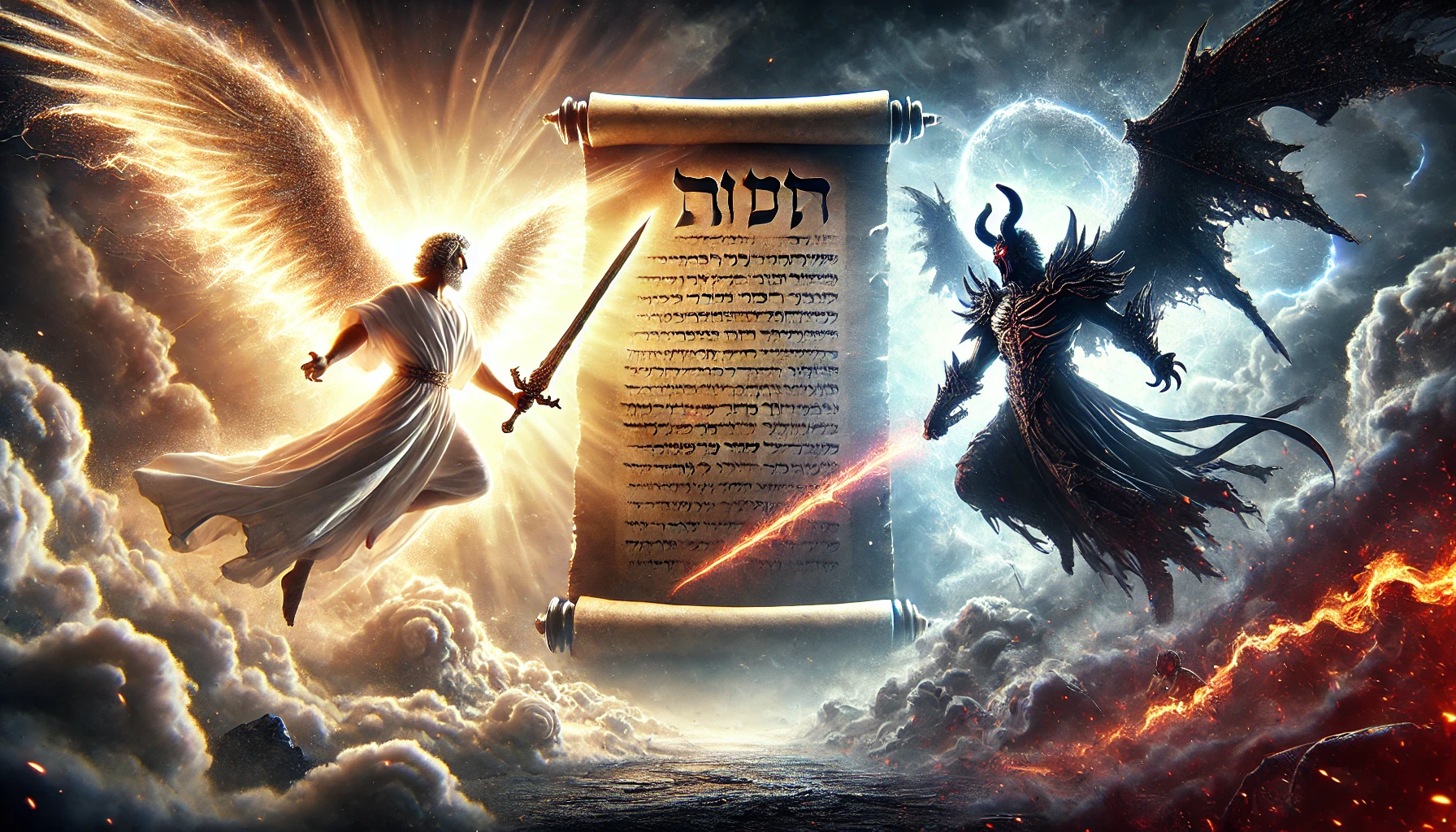The concept that understanding good necessitates the existence of evil has been a profound topic in theological and philosophical discussions. To explore this idea through the lens of the Dead Sea Scrolls, particularly the Melchizedek text (11Q13), offers a unique perspective.
The Melchizedek Text (11Q13): An Overview
Discovered in Cave 11 at Qumran, the Melchizedek text, also known as 11Q13, is a fragmentary manuscript dated to the first century BCE. In this text, Melchizedek is portrayed as a divine figure, leading God's angels in a celestial battle against the forces of darkness, represented by Belial. This apocalyptic vision emphasizes the ultimate triumph of good over evil.
The Dichotomy of Good and Evil in 11Q13
The narrative structure of 11Q13 underscores a dualistic worldview, where cosmic forces of good and evil are in constant opposition. Melchizedek, embodying righteousness, is set against Belial, the personification of wickedness. This juxtaposition suggests that the recognition and understanding of good are inherently linked to the existence of evil. The text implies that the manifestation of good is most evident when contrasted with evil, highlighting the necessity of this duality for a comprehensive understanding of righteousness.
Theological Implications
The portrayal of Melchizedek in this text aligns with broader theological themes concerning the problem of evil. The existence of evil has been a central question in theology, often framed as theodicy—the justification of God's goodness despite the presence of evil. Philosophers like Maimonides have argued that evil is not an independent entity but rather the absence of good, suggesting that the concept of good is defined in relation to the absence or presence of evil.
Good and Evil Independent Institutions
Yes, the Book of Melchizedek (11Q13) from the Dead Sea Scrolls does, in fact, support the idea that good exists independently of evil and does not require evil to be known. While it acknowledges the presence of evil in the world, it portrays Melchizedek as a divine figure of righteousness who will ultimately eradicate evil, suggesting that good is not dependent on evil but rather exists in opposition to it and will ultimately triumph over it.
How 11Q13 Supports the Independence of Good from Evil
Melchizedek as a Divine, Eternal Good
- In the text, Melchizedek is described as a heavenly being, possibly an angelic or even divine figure, who brings justice, righteousness, and redemption.
- He is referred to as El (God) and Elohim, indicating a direct connection to God's ultimate goodness.
- This suggests that good exists as an absolute, eternal principle, not something that depends on the existence of evil.
Melchizedek’s Role as a Redeemer
- The text describes Melchizedek as the one who will bring atonement for the righteous and defeat Belial (Satan, the leader of wickedness).
- Evil is a temporary force that will be destroyed, reinforcing the idea that good is not reliant on evil to be understood—it merely exists in contrast to it.
The Defeat of Evil Shows That Good Is Supreme
- If evil were necessary for the knowledge of good, then the final judgment where Melchizedek defeats Belial would be contradictory—why remove something essential for understanding good?
- The text envisions a time when righteousness will reign eternally without the presence of evil, which aligns with Biblical depictions of heaven where no evil exists (Revelation 21:4).
- This implies that good is self-sufficient and does not need evil to be understood.
Comparison With the Bible’s Teachings
The Melchizedek Scroll aligns with the Bible’s teaching that:
- God is good in and of Himself (Mark 10:18, James 1:17).
- Good existed before evil (Genesis 1:31—creation was “very good” before the Fall).
- Evil is a corruption, not a necessity for good to be known (Genesis 3, Romans 5:12).
- Evil will ultimately be destroyed, leaving only good (Revelation 21:4, Revelation 22:3-5).
Conclusion
The Book of Melchizedek strongly supports the idea that good does not need evil to exist or to be understood. Instead, evil is a temporary, opposing force that will ultimately be eliminated, leaving only righteousness and divine goodness. This is consistent with the Biblical view that God’s goodness is eternal and does not require an opposite to be known.
